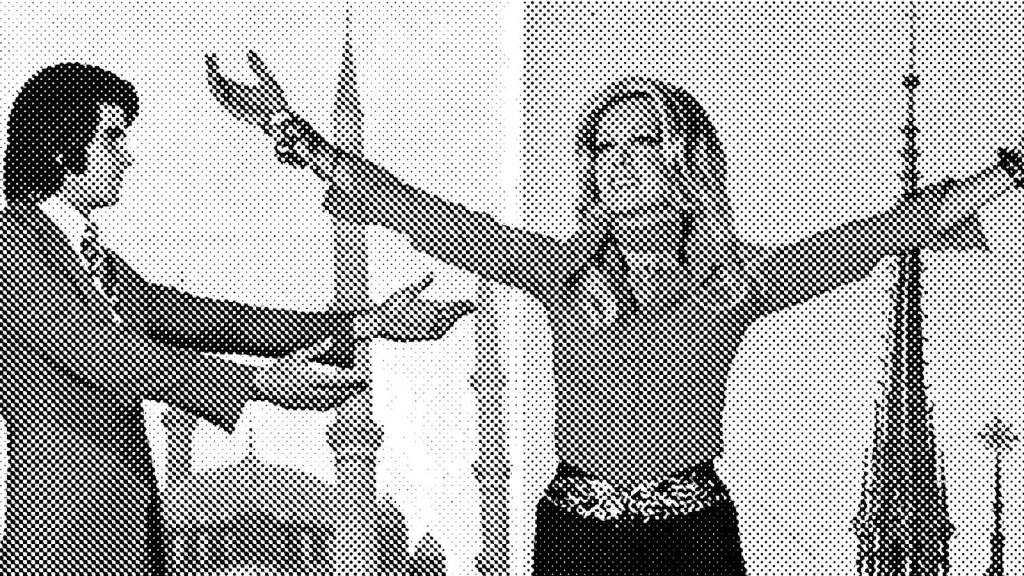
- Program
- /
- Film Series
- /
- Ideology in Turkish Cinema
Ideology in Turkish Cinema
In Turkey by the 1960s and ‘70s, the distinctions between Islamic-conservative, national and socialist positions were already starkly divided. The films from the Yeşilçam film industry in particular make these political conflicts visible. What is remarkable about these films from the period is that migration to Western Europe often serves as a figurative motif to engage with political and ideological conflicts in Turkey: the migrant functions as a vehicle to peddle the ideological agenda of the films. Acting as representatives of the three contrarian positions, the films from Yücel Çakmaklı, Halit Refiğ and Yılmaz Güney play a significant part in German migration history, despite remaining largely unknown in Germany. At the same time, they enable an understanding of the present ideological makeup of the country: between Islam, nationalism and (left-wing) revolutionary drives.
Subtitled for the first time in English, the commented film screenings open up access for the wider public to an important source of the cultural memory of migration.
Ömer Alkın is a media & cultural studies scholar and filmmaker. His research focuses on migration, film and racism. His writings have appeared in numerous books and journals. Most recently, “Die visuelle Kultur der Migration. Geschichte, Ästhetik und Polyzentrierung des Migrationskinos” (2020, transcript). He lives and works in the Ruhr region and in Cologne.

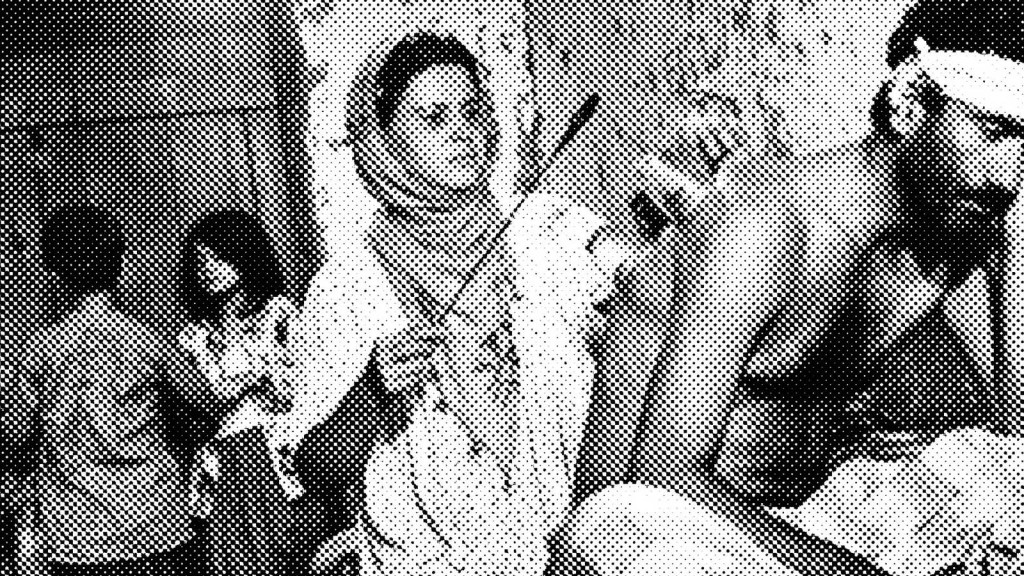
UMUT
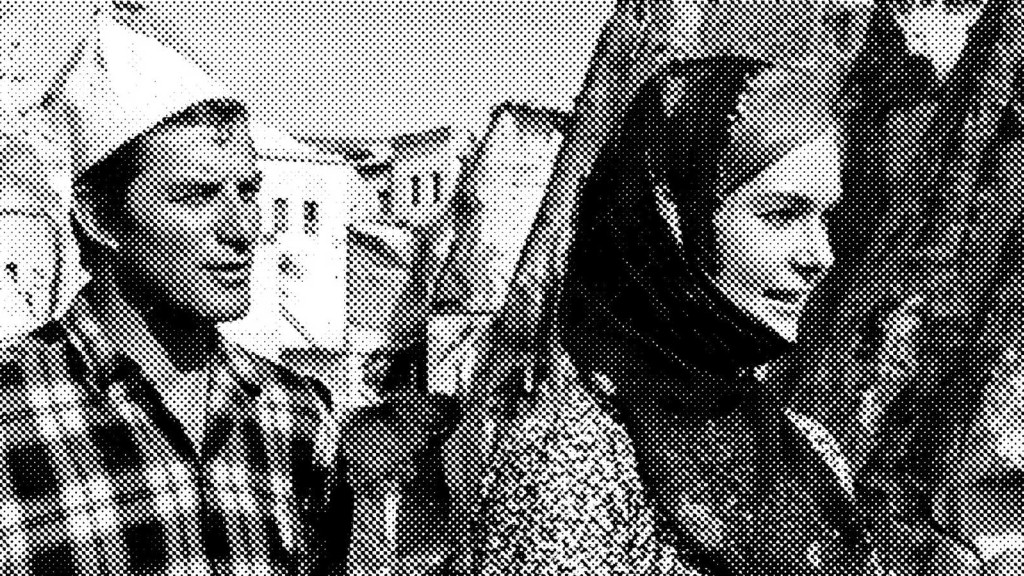
BİR TÜRK’E GÖNÜL VERDİM
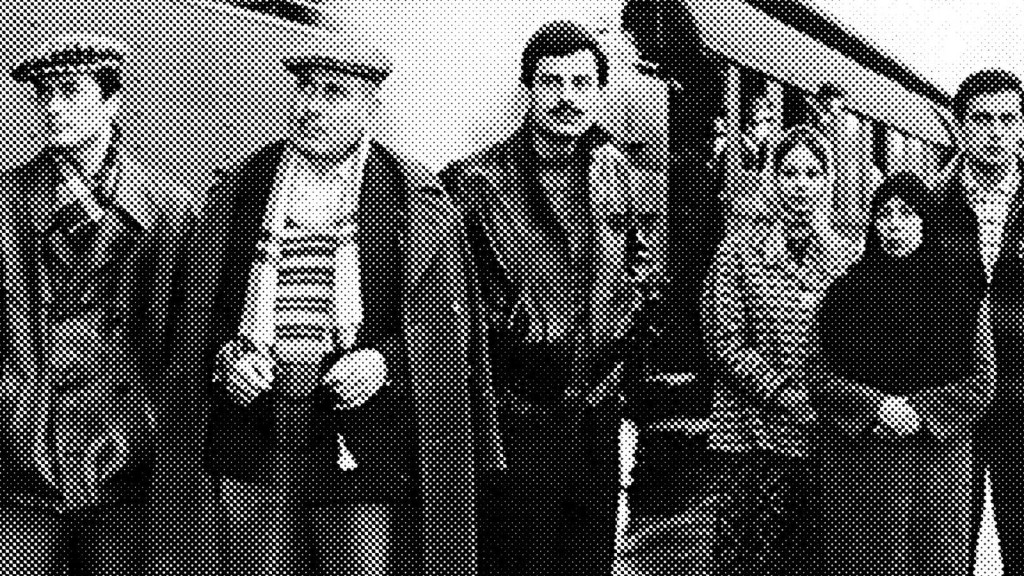
GURBET KUŞLARI
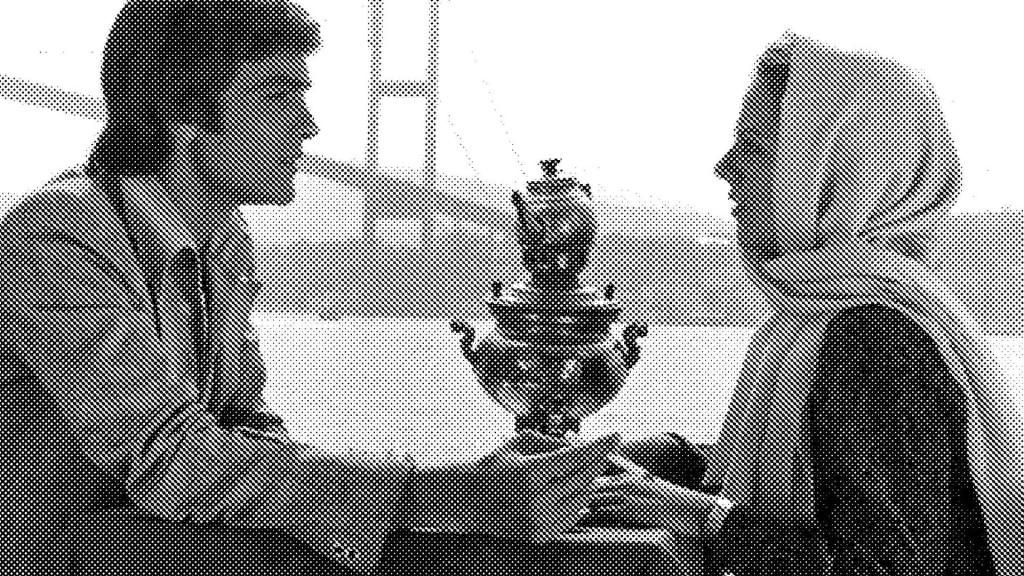
OĞLUM OSMAN
